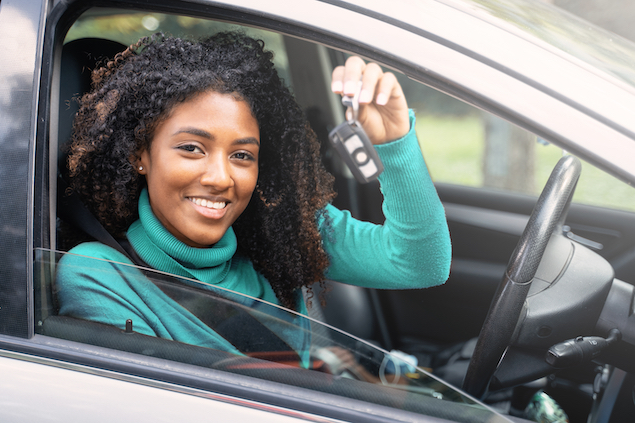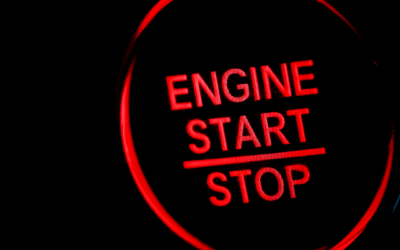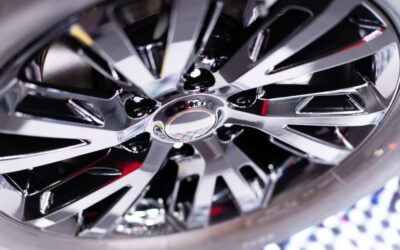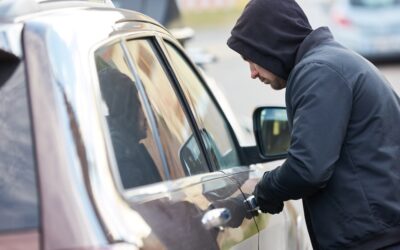It’s probably never been harder to buy your first car. Recent global events have created huge delays in the delivery of new cars. And in turn, this has driven up the price of second hand cars.
Also, rising fuel prices mean that it’s rarely been more expensive to run a car. And beyond all this, first time drivers invariably have to pay more for car insurance cover than more experienced drivers.
How To Start Saving Money For a Car
If you’re budgeting for your first car, it’s best to:
- Start saving as early as possible. Set aside an amount each month for as long as you can before you’re ready to buy.
- Work out exactly how much you can afford. If you’re looking at finance options, make sure you’ll be able to meet whichever monthly payments they set. Also work out how many miles you expect to cover each month, so you’ll know how much to budget for fuel.
- Save money wherever you can. Keep your running costs as low as possible by making your first car a fuel-efficient vehicle from a cheaper insurance group.
In this post we’ll explore some ways that might help you get the best possible deal on your first car, along with some ways you can make savings on your running costs.
How To Buy Your First Car
You’ll find many guides on our site to help you choose your first car:
- What to look for in your first car. This post lists some key things to keep in mind when shopping around for your first car, from price considerations to safety features.
- Buying Your First Car – Infographic. This infographic compares the pros and cons of buying a new car vs buying a nearly new car, or a used car.
- The cheapest cars to insure. First-time drivers usually have to pay more for insurance cover than more experienced drivers. But you can make huge savings by choosing a car from a low insurance group.
- What is a good MPG for new and used cars? You can further reduce your running costs by choosing a car with good mileage. This is a short guide to what counts as a good mileage for new and used cars.
Getting The Best Deal On Your First Car
New cars can be expensive at the best of times. Because of this, and the long waiting times that all buyers are currently facing, it’s very likely that your first car will be a second hand car.
Buying a second hand car should be straightforward. But there are still a few things you should bear in mind as you shop around, to ensure you get the best possible deal:
- Buying a car online – hints, tips and more. Many people buy cars online these days. But as we explain in this guide, it’s still important that you have a chance to inspect and, ideally, drive any car before you commit to buying.
- The essential used car checklist. A complete list of all the things you should look out for to ensure you’re buying a safe and reliable used car.
- 20 essential questions to ask when buying a car. These are questions to ask yourself when inspecting a car, as well as questions you might ask the seller. They’ll help you ensure the car you buy works for you while avoiding any potential nasty surprises.
Budgeting For On-Going Costs
When budgeting for your first car, you might prioritise the upfront cost of buying the car, as this may feel like the biggest expense. But it’s also important to consider the ongoing running costs of the car, and to budget accordingly.
We’ve already discussed how choosing a car with a low mileage from a low insurance group can make a difference. But your driving behaviour can also influence your running costs. Read our full guide to the sort of driving techniques and precautions that can help you save money on fuel.
Finally, you can make further savings to the cost of car insurance through choosing an insurer that understands your needs as a first-time driver.
At Go Girl, we specialise in driving down the cost of cover for careful drivers from all backgrounds. Read more about our dedicated car insurance for first time drivers, and get a free quote online in minutes.




